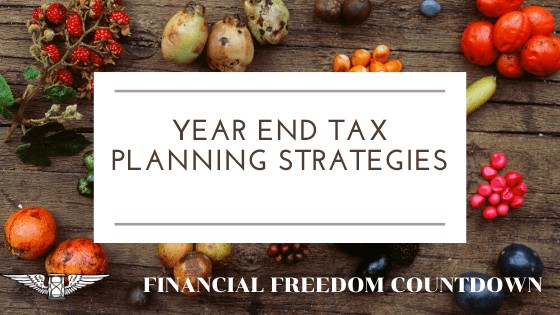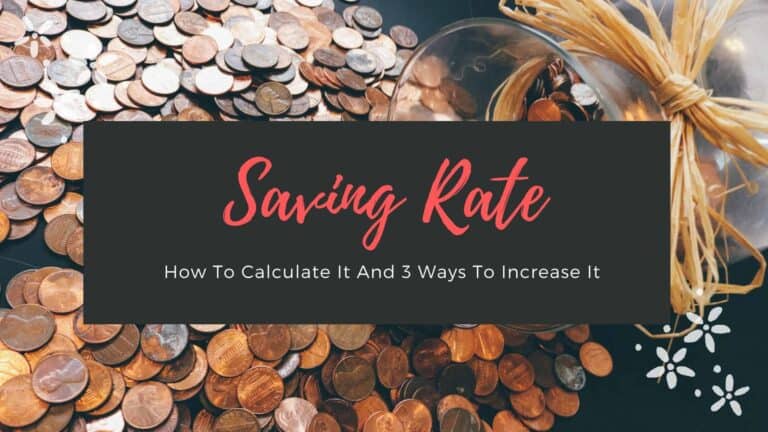What is Excellent Credit and How You Can Improve Your Credit Score
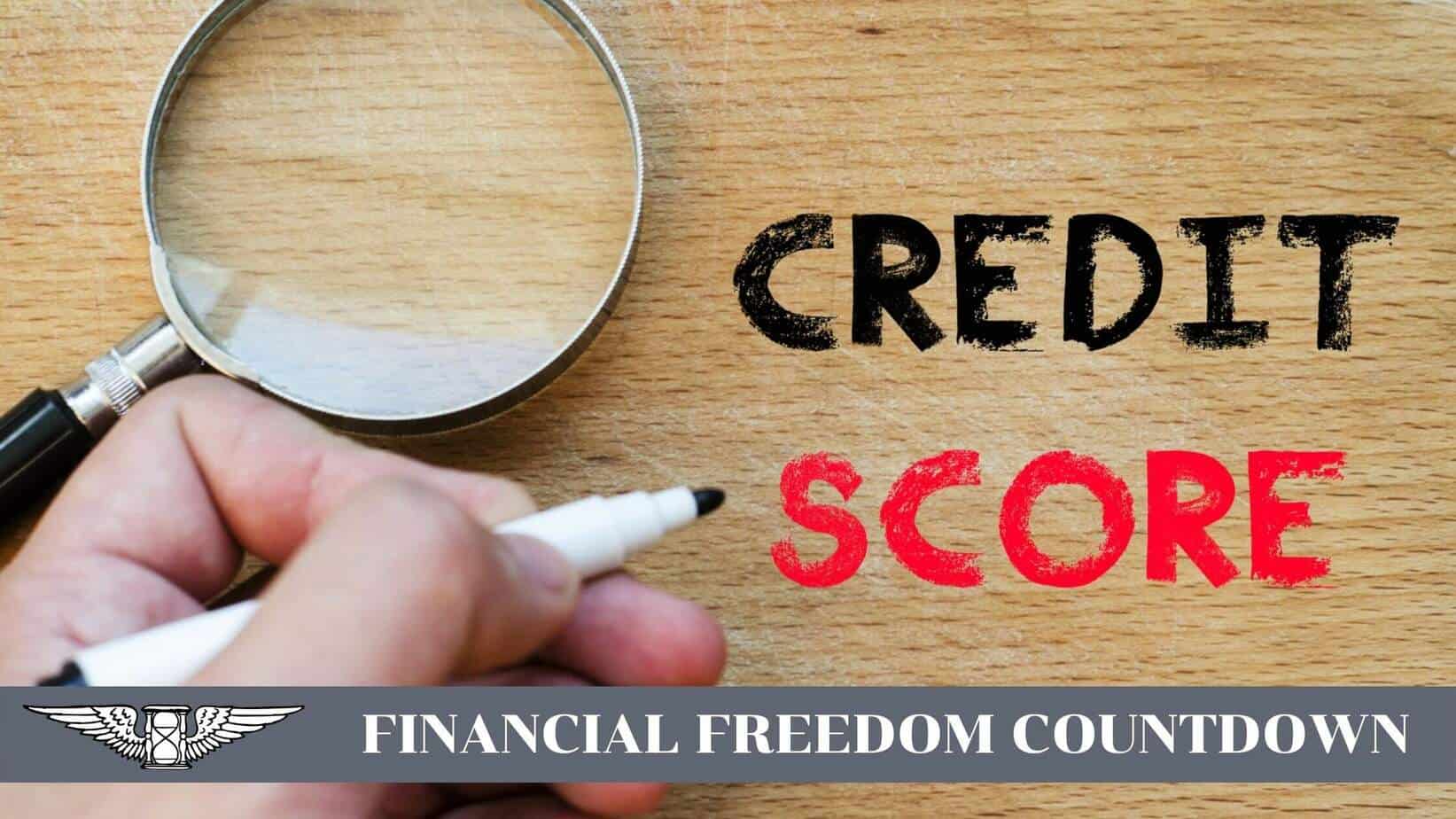
A good credit score is vital for many reasons, but it can be hard to know what an excellent credit score is.
It’s no secret that having a good credit score is essential. Your credit score can impact your ability to get a loan, a job, or even an apartment.
The article will help you learn everything you need to know about these three-digit numbers, including what constitutes an excellent credit score. We’ll also teach you how to improve your credit history if it’s not where you want it to be.
What Is an Excellent Credit Score?
The specifics of excellent credit scores vary based on the three major credit bureaus that give credit scores. However, while the criteria may vary slightly depending on specifics, the general idea behind a credit score is the same.
An excellent credit score is the best credit score you can get in the credit scoring systems using the information in your credit reports. The ranges differ depending on the scoring model, with fair credit scores ranging from 580 to 669; good credits ranging from 670 to 739; very good credit scores ranging from 740 to 799; and excellent credit scores at 800.
All three major credit bureaus use the excellent category to describe top-rated credit scores.
People who have excellent credit scores are more likely to be able to take out significant loans and pay lower interest rates. Credit card issuers will actively solicit them to open cards, as they are perceived as lower credit risk than other subprime borrowers. Individuals with an excellent credit score are also more likely to have higher credit limits than people with poor credit.
A high credit score can be incredibly beneficial to your financial future and dramatically impact your ability to get a home loan, a car loan, or open a business. However, you must understand what a good credit score is before figuring out how to maintain one.
What Is the Difference Between Various Credit Scores?
Different credit scores are available from the credit bureau. FICO Credit Score and VantageScore use a 300-850 range to determine your credit score. However, the two use different ranges for determining categories of credit scores and different credit score ranges.
FICO score comes from Fair Isaac Corp., which first developed a credit scoring system. It uses data about consumers from the three major credit reporting bureaus: TransUnion, Equifax, and Experian.
FICO score offers more specific scores for auto loans, home mortgages, or credit cards.
Since the FICO scoring model is based on information in the Experian, Equifax, and TransUnion credit reports and requires license payment, the three agencies decided to create their scoring model called the VantageScore in 2006.
VantageScore offers one credit score regardless of what financial product someone is applying for.
FICO score and VantageScore also weigh different factors.
An essential item impacting your FICO Score is your payment history, which means making your payments on time and not having any late payments.
For your VantageScore, the most crucial factor is your total credit card balance and credit utilization rate, with a low utilization rate being a positive for your credit score.
How Are Credit Scores Calculated?
Your credit score is a critical component of your credit report. All three major credit monitoring agencies have slightly different methods of calculating credit scores, but the general thrust behind each credit report is the same. Credit scores are calculated by combining the following:
Payment History
There is no question that the most critical metric in calculating your credit score is your overall payment history. It means making your payments on time and trying to make them entirely. Any missed payments or credit write-offs will negatively impact your credit score. Conversely, having a history of on-time payments can positively impact your score.
Credit Utilization Ratio
It means how much debt you have on items like credit cards versus your available credit. A lower credit utilization rate shows that you regularly pay your credit and don’t take on too much debt. Having a high amount owed is not suitable for your credit scores.
Length of Credit History
The average age of a credit card or loan will impact your credit score. Credit card companies prefer to work with individuals with a more extended credit history. The longer you keep a card open, the more your card will improve. Applying for new cards will reduce your average credit history length.
Credit Mix
Having too much of one kind of debt – like credit card debt – can count against you. Credit scores are higher for individuals who have a healthy mix of credit, including personal loans, student loans, auto loans, mortgage loans, installment loans, etc.
New Credit
Everyone needs to open new credit cards, but this can bring down the average age of your card. Opening too many cards too quickly may damage your credit.
Hard Inquiries
A “hard inquiry” is conducted whenever you take out a significant loan, like a new mortgage, or if you open a new card. Credit scoring models do not like when you have a hard inquiry, which may affect your credit score. Fortunately, the impact of a hard inquiry is usually minor, and it typically disappears from your credit reports within a few weeks. Checking your credit scores using tools like Credit Karma does NOT count as a hard inquiry.
Other factors may influence your score, but the above are the most likely methods by which you will impact your credit score. This credit scoring system is vitally important to understand, as it will significantly control your financial future.
FICO scores are weighted based on the following factors
- Payment history: 35%
- Amounts owed: 30%
- Length of credit history: 15%
- Credit mix: 10%
- New credit: 10%
The key elements VantageScore considers are the same as FICO, although weighted differently. These are the four most essential components in VantageScore’s evaluation — and how significant each is in your credit score calculation:
- Extremely influential: Total credit usage, balance, and available credit
- Highly influential: Credit mix and experience
- Moderately influential: Payment history
- Less influential: Age of credit history and new accounts opened
| Factors | FICO Score | VantageScore |
|---|---|---|
| Critical | Payment history (35%) | Total credit usage, balance, and available credit |
| Most Important | Amounts owed (30%) | Credit mix and experience |
| Important | Length of credit history (15%) | Payment history |
| Less Important | Credit mix and new credit (10%) | Age of credit history and new accounts opened |
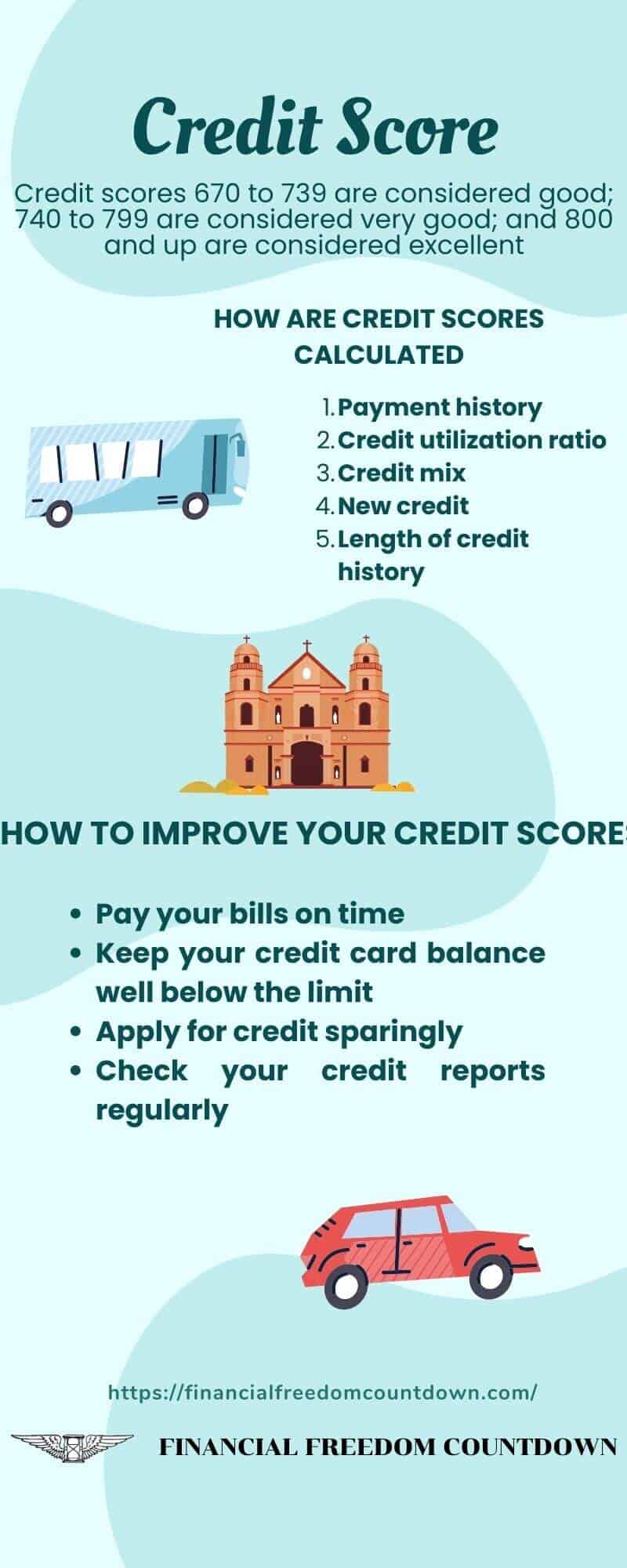
What Is a Good VantageScore?
There are a few categories to keep in mind when it comes to your VantageScore. Credit score ranges are as follows:
- Excellent credit score: 781-850
- Good credit score: 661-780
- Fair credit score: 601-660
- Poor credit score: 500-600
- Very poor credit score: 300-499
What Are Good FICO Scores?
The FICO score range is slightly different but has the same five categories.
Although credit range varies depending on the credit scoring model, generally, FICO scores are ranked as
- 580 to 669 are considered fair
- 670 to 739 are considered good credit
- 740 to 799 are considered very good credit
- and 800 and up are considered excellent
Remember that the higher your credit score, the better your overall financial situation in any credit scoring model. You will also be perceived to be a lower risk by credit card companies, a credit union, or other banks. It means you will be much more likely to access various credit benefits.
| Ratings | FICO Score range | VantageScore range |
|---|---|---|
| Excellent | 800 and above | 781 – 850 |
| Very good | 740 – 799 | |
| Good | 670 – 739 | 661 – 780 |
| Fair | 580 – 669 | 601 – 660 |
| Poor | 500 – 600 |
What Does an Excellent Credit Score Do for You?
The benefits of an excellent credit score are practically limitless. Indeed, the scores managed by these credit agencies are critical to ensuring that you can afford to care for your financial future.
These benefits include:
- Having a higher overall credit limit.
- An increased likelihood of opening a new credit account, including a credit account that is normally relatively exclusive. For example, you will likely have an easier time opening a new credit card or gaining access to more favorable balance transfer cards.
- Lower interest rates on any type of loan or credit card payment. These interest rates will ultimately determine the cost of borrowing for you, so it is critical that you keep these as low as possible.
- Even if your credit usage does increase, you should be able to keep your interest rates in a reasonable range.
Remember, the reverse here is also true: A bad credit score or lower credit scores can make it extremely difficult for you to afford to make any significant purchases, get a loan, have favorable loan terms, or get an unsecured credit card. It is one of the many reasons you must keep your credit card balances low and avoid any late or missed payments.
How Can I Check My Credit Score?
Fortunately, there are an array of ways that you can get a free copy of your credit reports and access your entire credit file. This file will have your entire payment history, including how many cards or debt you have. It will also list negative hits on your credit scores, like missed or late payments.
First, keep in mind that everyone has access to a free credit score from the credit bureau. You can get it by going to AnnualCreditReport.com and getting one free report from each of the three credit bureaus.
There are also many websites, such as Credit Karma, that will give you a free copy of your credit report and a score.
There are more advanced functions on these websites, such as credit monitoring. These services will alert you any time there is a significant change in your credit file, like a new credit card. They can be beneficial if you believe you have become a victim of identity theft.
Why Is My Credit Score Low?
Low credit scores can come from any number of reasons. It includes:
- Having a history of missed payments, late payments, or write-offs.
- Using too much of your available credit.
- Having an unhealthy mix of debt. For example, you may have no debt except tens of thousands of dollars in credit card debt.
- Being a brand new cardholder who has no credit history. By default, you may have a relatively low score, but with time, that will change.
- Having numerous hard inquiries on your score indicates that you have opened many new cards.
- Having many cards but not having had any of them for an exceptionally long period of time.
How Can I Improve My Credit Score?
If you have a low credit score and look to improve it, you have many options, including:
- Monitor all of your credit accounts to make sure that all of the charges are valid and that you don’t have any missed or late payments.
- Improving your credit utilization ratio. Your credit utilization ratio is determined by the amount of debt you have. You can pay down your debt and improve your credit utilization ratio.
- Working with a third-party vendor to consolidate your debt, lower your interest rate, and address any negative charges on your credit card.
- Create a financial system that can help you track your bills so you never miss a payment.
- Examine the various credit scoring models and identify your weaknesses within them. You may need to develop a personal, customized plan to help you address your diverse financial challenges. The three credit bureaus will all have resources to help you better understand these issues.
- Improve your credit mix by closing some types of loans.
What Should I Do if I Don’t Have a Credit Score?
You should now fully understand that your credit score is critical to your financial future. It would help if you built a credit score as quickly as possible.
If you just turned 18, you may not even have a credit score. Don’t worry: There are many ways to build such a score.
- First, become an authorized user on a family member’s credit card, or ask to co-sign a loan. As long as the family member makes regular payments, this will boost your credit score.
- Second, find out if you can get a secured credit card. It is a credit card that has cash-backed against it. If you miss payments, the credit card company will still get their money. Making regular payments on this can help you build a credit score.
Why Did Your Credit Score Change?
Your score may have changed – for the better or worse – for many reasons. The below is just one of several examples:
- You recently opened a new credit card or took out a new loan. The required “hard inquiry” may have created a temporary hit to your score.
- You paid off a credit card.
- You canceled a credit card, resulting in a higher credit utilization ratio, as you now technically have less available credit.
- Someone has opened up a credit card or taken out a loan in your name.
- You have paid off a loan.
- You refinance a loan or credit card debt.
- A credit card company or loan holder was late in giving information to one of the bureaus, resulting in a delayed increase or decrease in your score.
Remember, fluctuations in your credit score are relatively normal. Even minor payments of credit cards, and when a credit card may report your overall debt to a rating agency, may impact your score. As such, don’t sweat minor changes in your score. However, if there is a trend one way or another, you should pay attention, as this may indicate that you are doing something right or doing something wrong.
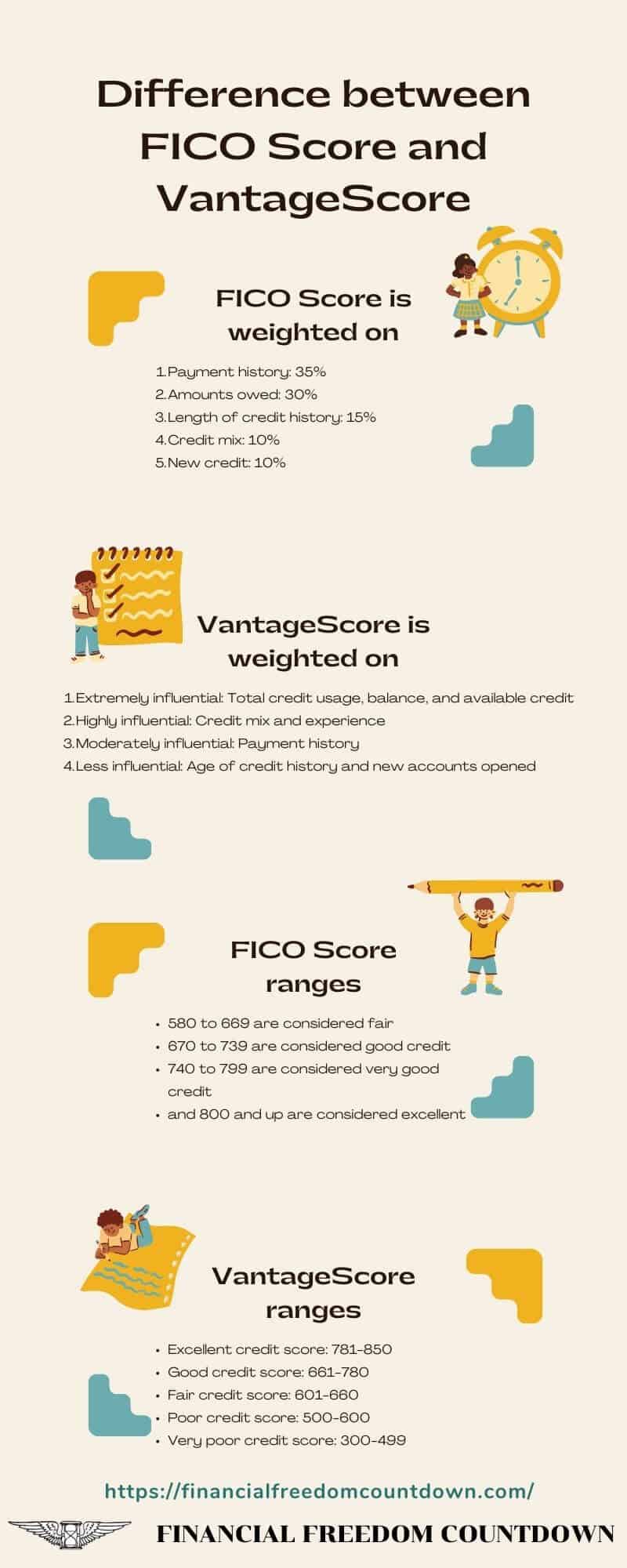
Final Thoughts on Excellent Credit Scores
The simple truth of the matter is that a considerable part of our lives – from our ability to buy a home to the interest we pay on any debt we have – is dominated by a credit score. This three-digit number will ultimately impact if you can get a loan in the first place, the interest rate you pay, and the access you have to various loan or credit card products.
All of this helps explain why building credit from a young age is so important. And why one should constantly monitor the credit reports. Even if you have excellent credit habits, identity theft and errors in credit reports can cause your score to tank, and you might not even know about it. Credit Karma partners with Equifax and TransUnion and offers free credit reports and free credit scores updated weekly. It also provides alerts when it detects unusual activity on your credit files.
You can also sign up with Transunion with a paid subscription for additional monitoring and peace of mind.
One of the most critical parts of personal finance basics is to pay close attention to your credit score. Strive for excellent credit as part of your financial goals. An excellent credit score takes time to build but can unquestionably be hugely helpful to your economic life.
FAQs On Excellent Credit
Is 750 a good or excellent credit score?
750 is “good” credit under the FICO and Vantage credit score models.
What percentage of the population has a credit score above 800?
As you can imagine, a relatively small number: Only 22% of the population has a credit score of 800 or higher.
What does an excellent credit score do for you?
An excellent credit score can be highly beneficial for your total finances. Positives of an excellent credit score include:
1. An increased likelihood of being able to open credit accounts that are highly exclusive and have many benefits.
2. Higher credit limits on your existing credit cards, resulting in a higher total credit limit.
3. Lower interest rates and an increased likelihood of being able to access a significant personal loan.
Is excellent credit the highest?
Excellent credit is the highest category of credit score you can have.
Does anyone have 850 credit score?
Yes, 1.2% of all FICO scores in the United States are currently rated at 850 and 850 is the perfect score. Of course, it’s not essential to get a perfect score in order to obtain credit at the best terms and rates. Having an excellent score is often good enough.

John Dealbreuin came from a third world country to the US with only $1,000 not knowing anyone; guided by an immigrant dream. In 12 years, he achieved his retirement number.
He started Financial Freedom Countdown to help everyone think differently about their financial challenges and live their best lives. John resides in the San Francisco Bay Area enjoying nature trails and weight training.
Here are his recommended tools
Personal Capital: This is a free tool John uses to track his net worth on a regular basis and as a retirement planner. It also alerts him wrt hidden fees and has a budget tracker included.
Platforms like Yieldstreet provide investment options in art, legal, real estate, structured notes, venture capital, etc. They also have fixed-income portfolios spread across multiple asset classes with a single investment with low minimums of $10,000.

